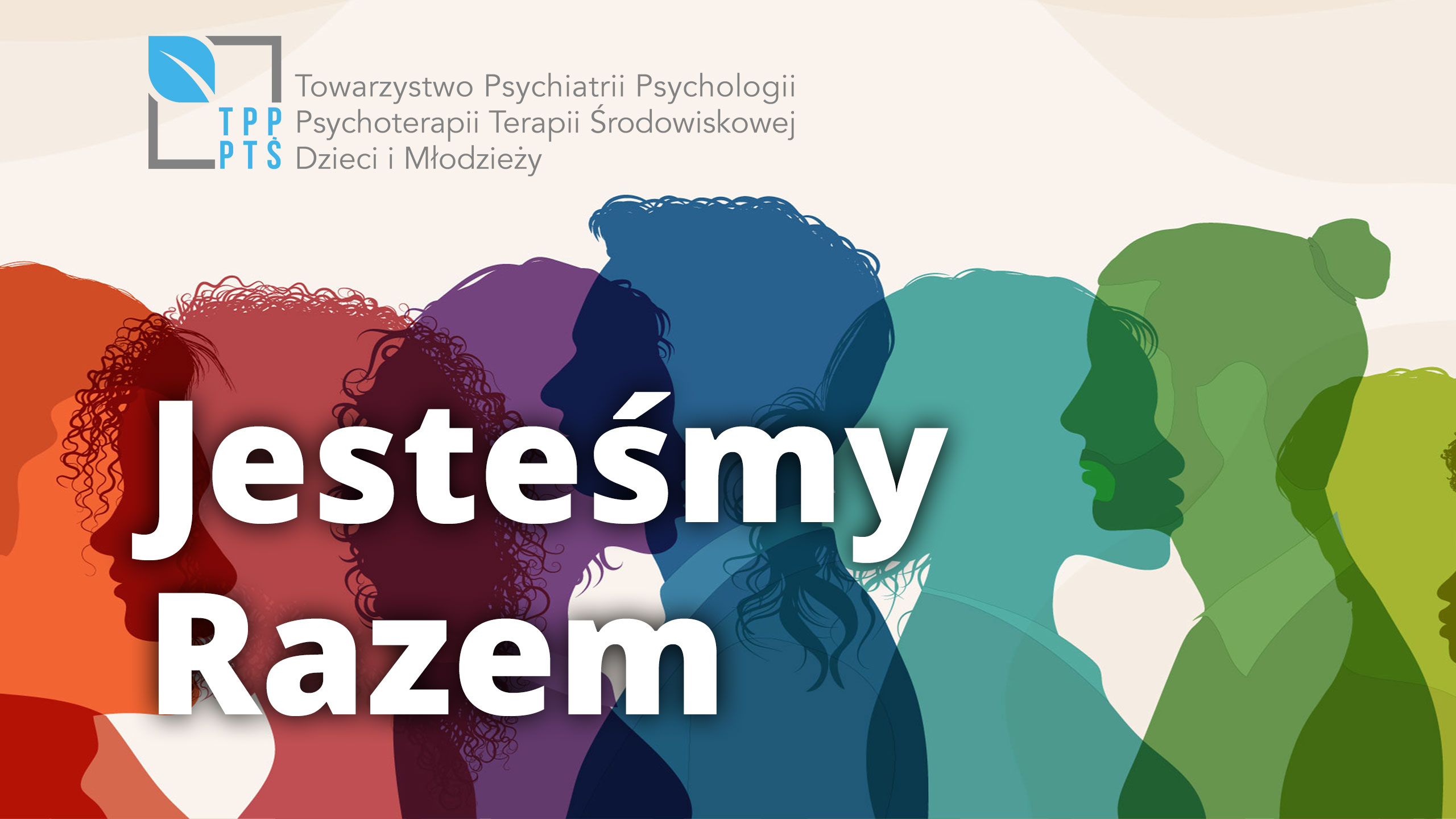Psychological criteria for assessing the credibility of testimonies given by the mentally ill
Małgorzata Sitarczyk
 Affiliacja i adres do korespondencji
Affiliacja i adres do korespondencjiThe way people with mental illnesses testify and the content of their testimonies are important and interesting issues in law, psychiatry and psychology. While testifying, a mentally ill witness, or a person under the influence of alcohol or other intoxicants during the incident, causes a problem involving the assessment of their competence as a witness. A psychologist acting as an expert witness is expected to establish this competence in terms of the capability to perceive, store and recreate observations and with regard to the psychological criteria determining the credibility of the testimony. The article reviews psychological indicators determining the credibility of a testimony and then analyses testimonies of mentally ill witnesses. It has been shown that an assessment of testimonies should include indicators regarding the content of a testimony, the motivation for testifying, and the history of a testimony, as well as observational criteria regarding the witness’ emotional and physiological sphere. Based on the presented case studies, an attempt was made to indicate that comparisons and generalizations within the content and form of mentally ill witnesses’ testimonies are possible, but they should be considered with great caution, always including the principle of individualization in diagnostic procedure. The most prevalent characteristics of testimonies of patients with paranoid schizophrenia comprise: prevalence of assertive sentences, lack of structured statements, often lack of logic, occurrence of insignificant details, muddled context, problems with differentiation which contents result from one’s own observations and which from subjective experience, often of paranoid type.














